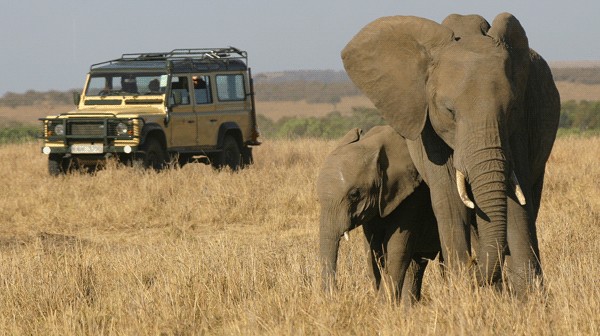
‘Village by village or hospital by hospital, these efforts by ACEP physicians and physicians from other developed countries have improved health care in Tanzania and around the world.’
Explore This Issue
ACEP News: Vol 32 – No 12 – December 2013
“Because the specialty of emergency medicine didn’t previously exist in Tanzania, continued on-site support and teaching by emergency physicians from established academic emergency medicine programs is an important stop-gap measure during the residency program’s first years,” said Dr. Runyon.
“These patients face exponentially more hardship, and the amount of effort it takes them to physically get to the emergency department (no emergency medical services are available), as well as their degree of illness, is much more extreme than anything I’ve seen in the U.S.,” said Dr. Reynolds.
By the time patients arrive, they are usually incredibly sick. Approximately 80% of evaluated patients are admitted. “I rarely see a patient who doesn’t need to be here,” said Dr. Reynolds.
Dr. Vivek Tayal, director, division of emergency ultrasound, department of emergency medicine, Carolinas Medical Center, who spent a month teaching ultrasound at MNH in early 2013, added: “Even though I was in a supervisory role, the patients saw me as an ally and an asset to their doctors who were providing the direct care, and I experienced nothing but incredibly warm relationships,” he said.
“Working on this project has been incredibly rewarding,” said Dr. Runyon. “I’ve been able to work with, teach, and learn from some truly incredible Tanzanian doctors and nurses. I’ve forged friendships that will last a lifetime.”
For those who feel that their time won’t make a difference, Dr. Tayal said this: “Village by village or hospital by hospital, these efforts by ACEP physicians and physicians from other developed countries have improved health care in Tanzania and around the world. This is truly worthwhile, and it’s time well spent.”
It has certainly changed the life of Dr. Ghaniya Mbarouk, a third-year emergency medicine resident at MNH: “My life has really changed because of this program, and I can see a better future for my career and for all my patients in Tanzania.”
ACEP physicians have found the challenge of working within a limited infrastructure, often with only the most basic supplies, both challenging and rewarding.
In many ways, working as an emergency physician in Tanzania is similar to practicing anywhere – there will always be something you can’t predict. But you work to solve the problem with whatever is at your disposal. “Working in Tanzania is a more extreme version of that,” said Dr. Reynolds. “In some ways it is the purest form of emergency medicine I’ve ever had the chance to practice.”
Pages: 1 2 3 | Single Page





No Responses to “EPs Give Training, Support to Tanzania ED”